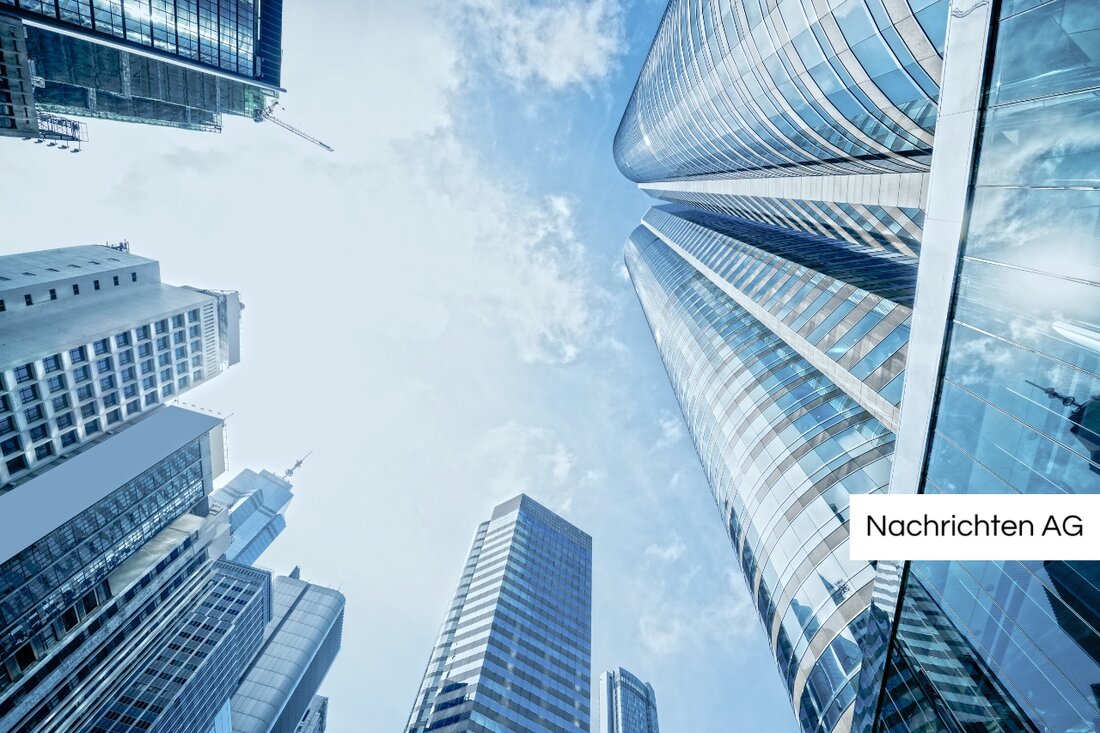Sustainability in focus: TU Ilmenau invites you to the Winter School!
Interactive Winter School at the TU Ilmenau: Sustainability in production, logistics and interdisciplinary approaches are discussed.

Sustainability in focus: TU Ilmenau invites you to the Winter School!
On March 31, 2025, the largest winter school on the topic of sustainability took place at the Technical University of Ilmenau. This inspiring event hosted by TU Ilmenau organized, offered interactive workshops, excursions and case studies to give students a deep understanding of the connection between economics and sustainability. Prof. Rainer Souren, who heads the Department of Sustainable Manufacturing and Logistics, emphasized the need for interdisciplinary collaboration between technology and business in order to develop sustainable solutions.
The participants were warmly welcomed by Prof. Jens Müller, Vice President for International Relations and Transfer. In addition, they received valuable insights into renewable energies through lectures from scientists such as Prof. Erich Runge and Prof. Christian Karcher. Particular highlights of the Winter School were the laboratory tours through the machine hall in the Newton Building and the Center for Micro- and Nanotechnologies, which introduced the students to practical applications of sustainable technologies.
Sustainable practices in industry
The discussion about sustainability is not limited to academic institutions. Sustainability in production also requires a major transformation of production methods in the industry. Companies are faced with the challenge of transforming their processes so that they are both environmentally friendly and economically viable. In September 2024, production in the manufacturing sector fell by 2.5% compared to the previous month and 4.6% compared to the same month last year, a warning sign for many companies.
Medium-sized companies that have to implement legally required sustainability reporting have particular difficulties. In addition, factors such as the corona pandemic and geopolitical tensions, such as the war in Ukraine, are pushing for flexible adaptation to production fluctuations. The automotive industry experienced a 7.8% decline in production over the same period. In contrast, mechanical engineering recorded an increase of 1.7%.
Innovation potential for the future
Technological innovations are a central part of the strategic adaptation to the challenges of sustainable production. Companies must integrate modern technologies and renewable energies and incorporate circular economy concepts into their business models. Circular economy focuses on not disposing of products at the end of their life, but rather preparing them for reuse.
The Catena-X project, which connects companies in the automotive industry, shows ways in which the exchange of information about materials can make reuse and recycling easier. Similar concepts are being developed in the aerospace sector with the Aerospace-X project. Such initiatives promote collaboration between companies and support sustainable transformation processes. The Digma-DT project also offers insights into the CO2 footprint of recycling processes in order to reduce greenhouse gas emissions.
Among other things, Fraunhofer IPK is developing technologies for identifying old parts that can be prepared for a “second life” using artificial intelligence and intelligent image processing. Another research direction includes the development of biopolymers that can be recycled without leaving any residue and are made from waste materials and can be decomposed by microorganisms. Dr. Markus Will emphasizes the importance of local partnerships for effective research and international exchange.
The Winter School at TU Ilmenau and the ongoing projects in industry are examples of the necessary change towards a more sustainable economy. The path taken could be crucial for the competitiveness and innovative strength of German industry.

 Suche
Suche
 Mein Konto
Mein Konto